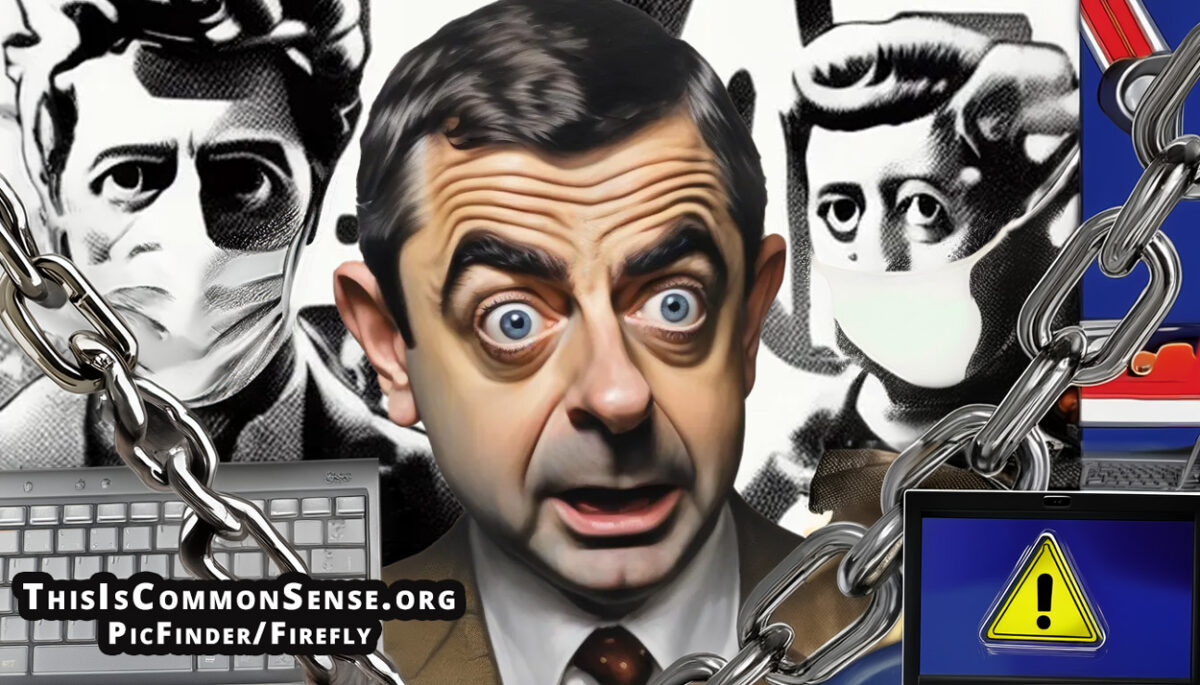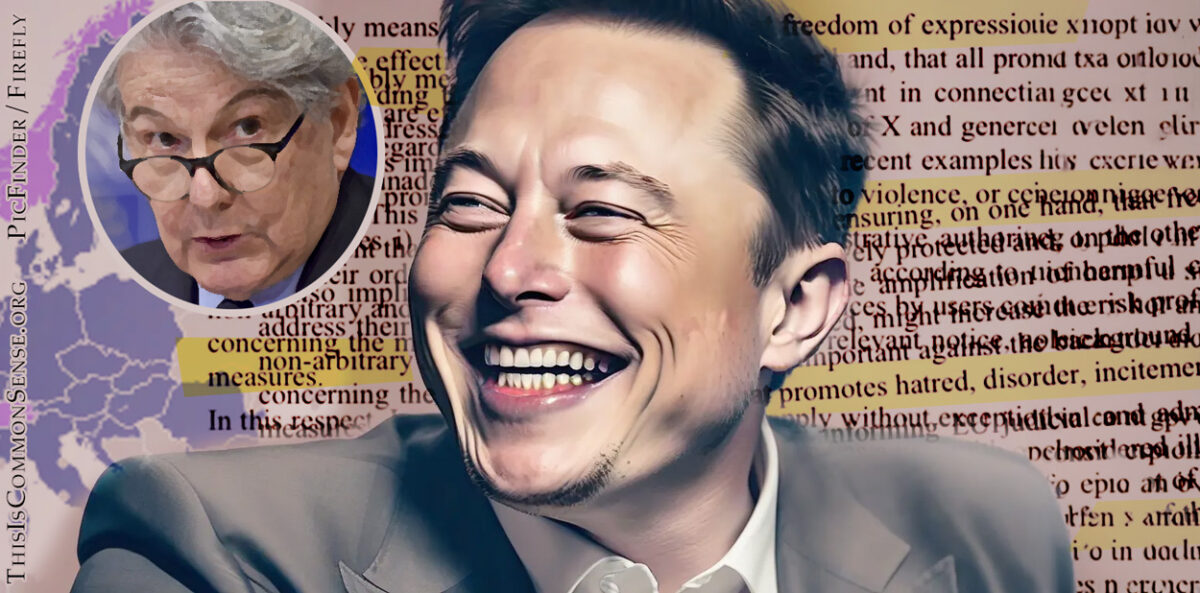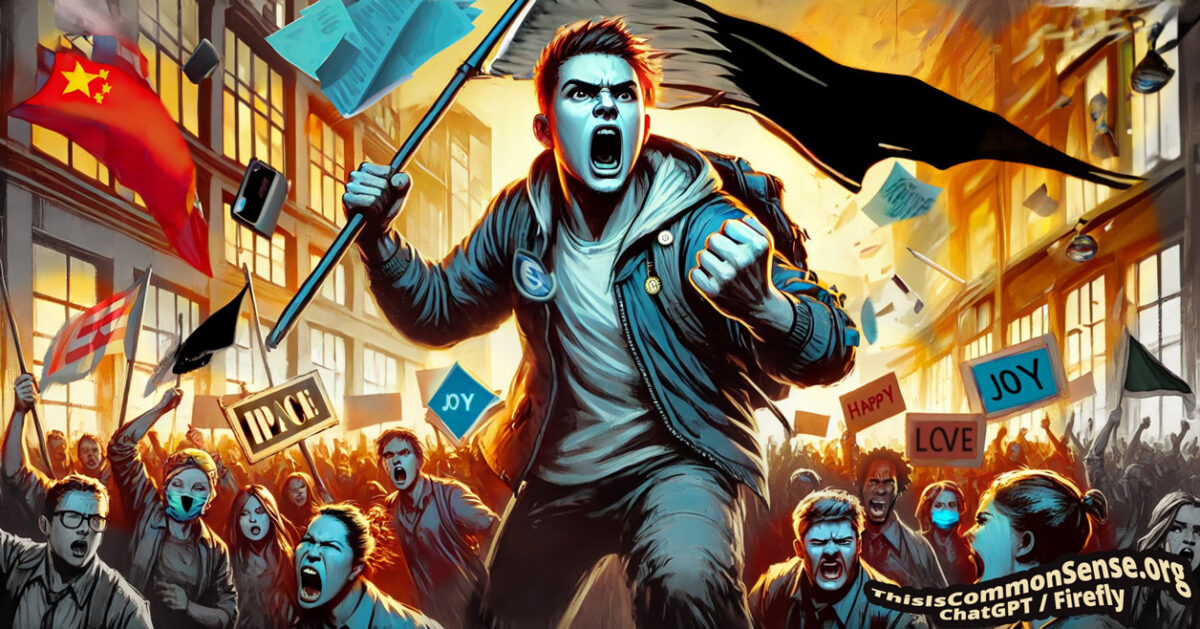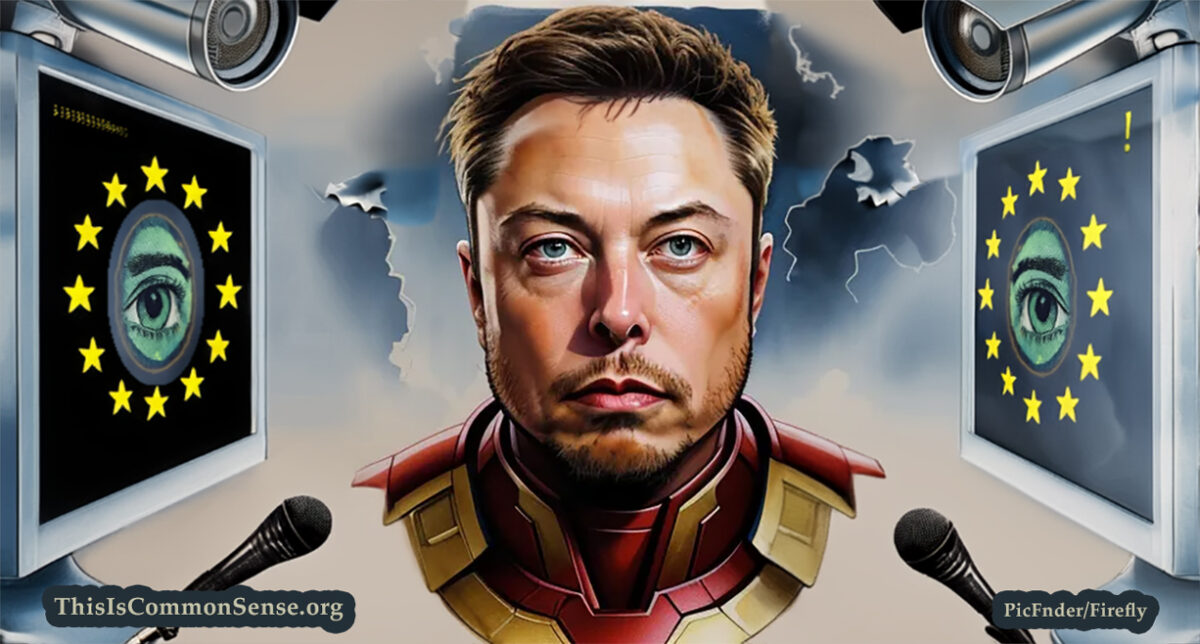Twitter is being banned in Brazil by a “Supreme Court justice” who seems to be the de facto ruler of the country. Who is also threatening Brazilians with massive fines, $8,900 USD daily, if they try to reach Twitter through a VPN.
A VPN or virtual private network hides your IP address and encrypts your web traffic. VPNs protect privacy and let you visit sites otherwise inaccessible. Sites that purvey “disinformation,” i.e., criticism of the government, and other verboten content. VPNs combat censorship and surveillance.
The justice, Alexandre de Moraes, issued an edict to ban Twitter after Twitter owner Elon Musk refused to obey censorship orders.
Twitter had told users that it expected to be shut down by Justice de Moraes “because we would not comply with his illegal orders to censor his political opponents.”
Now Musk declares that an “unelected pseudo-judge in Brazil is destroying [free speech] for political purposes.”
Twitter CEO Linda Yaccarino adds that according to Brazil’s own constitution, “censorship of a political, ideological and artistic nature is forbidden.… Until there is change in Brazil, X [Twitter] will be shut down.”
Dictatorships often issue “illegal orders” in the sense that these contradict constitutional provisions whose force has faded … or that were never intended to do anything but fool people to begin with. Such political systems are not truly constitutional.
Nor would the situation be any better were the “constitution” more honest, simply announcing that whatever the dictator says goes.
This is Common Sense. I’m Paul Jacob.
Illustration created with Firefly
—
See all recent commentary
(simplified and organized)





